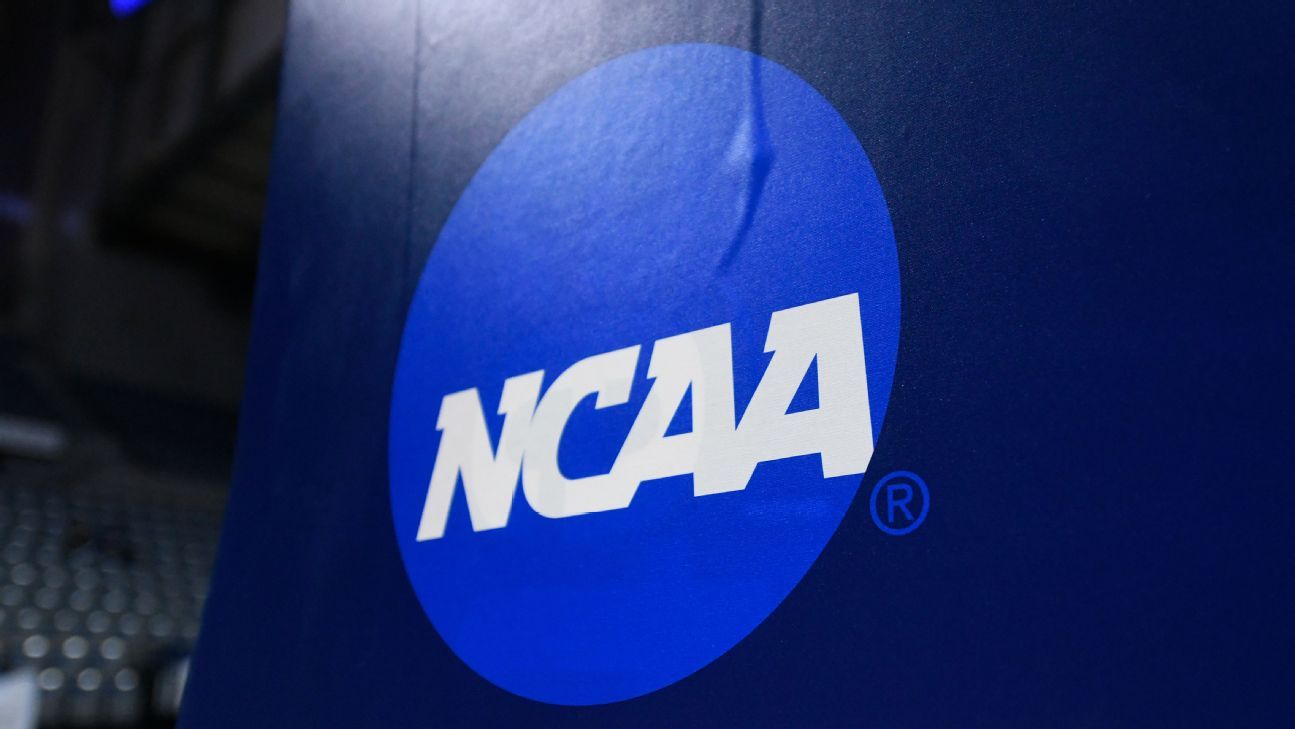A new NCAA transfer rule will allow all undergraduate athletes to transfer and play immediately if they meet specific academic requirements, as the Division I Council on Wednesday approved emergency legislation announced by the NCAA.
The decision isn’t final until the meetings end on Thursday, and the rule still needs to be formally approved by the NCAA’s executive board Monday, but that is expected to be a formality. The rule will provide immediately eligibility to any athletes who have transferred during the 2023-24 academic year, including the football players who entered the transfer portal Tuesday and during this window — as long as they are academically eligible and meeting progress-towards-degree requirements at their new school.
The legislation will not limit the number of times an athlete can transfer — and there are still two transfer windows — but they can’t transfer midyear and play for a second school in the same season. Although the new rule is tied to academic progress, some in college athletics have expressed concern about the long-term implications for graduation rates.
“One of the questions we have to ask ourselves is, at what point does the degree still matter?” Oregon coach Dan Lanning told ESPN in a recent interview. “I think it’s going to make it harder and harder if guys become multiyear transfer guys for them to actually have a college degree. If you graduate, there’s a lot of times it makes sense — change schools as many times as you want — if you graduate. But on the same note, if somebody’s changing schools three times, I’m wondering what their progress towards a degree really looks like. I think that’s something everyone should probably have some awareness of.”
Previously, the NCAA’s one-time transfer rule allowed athletes to play immediately at the first school they transferred to but they then had to sit out a year if they transferred again — or apply to the NCAA for a waiver to compete immediately.
In December, the NCAA proposed this policy in reaction to a West Virginia judge’s ruling intended to stop the organization from enforcing its bylaw barring athletes from transferring multiple times and playing right way. The NCAA agreed to terms on a preliminary injunction that runs through at least the end of the academic year.
In January, the U.S. Department of Justice joined the lawsuit against the NCAA’s transfer rules, a suit that argues that the limitations on transfers violate antitrust law.
According to the amended complaint for injunctive relief, filed in January, the NCAA’s transfer bylaw “unjustifiably restrains the ability of these college athletes to engage in the market for their labor as NCAA Division I college athletes.”
College football’s 15-day transfer window is open, and players have until April 30 to enter the portal. They don’t have to find their new schools by then — and they can choose to remain with their current team — but they have 15 days to decide whether they want to transfer.
The DI Council also moved forward on legislation that would allow schools to be more actively involved in securing sponsorship deals for their athletes. Schools could still not directly pay athletes, but they could facilitate NIL opportunities between third parties and athletes.
